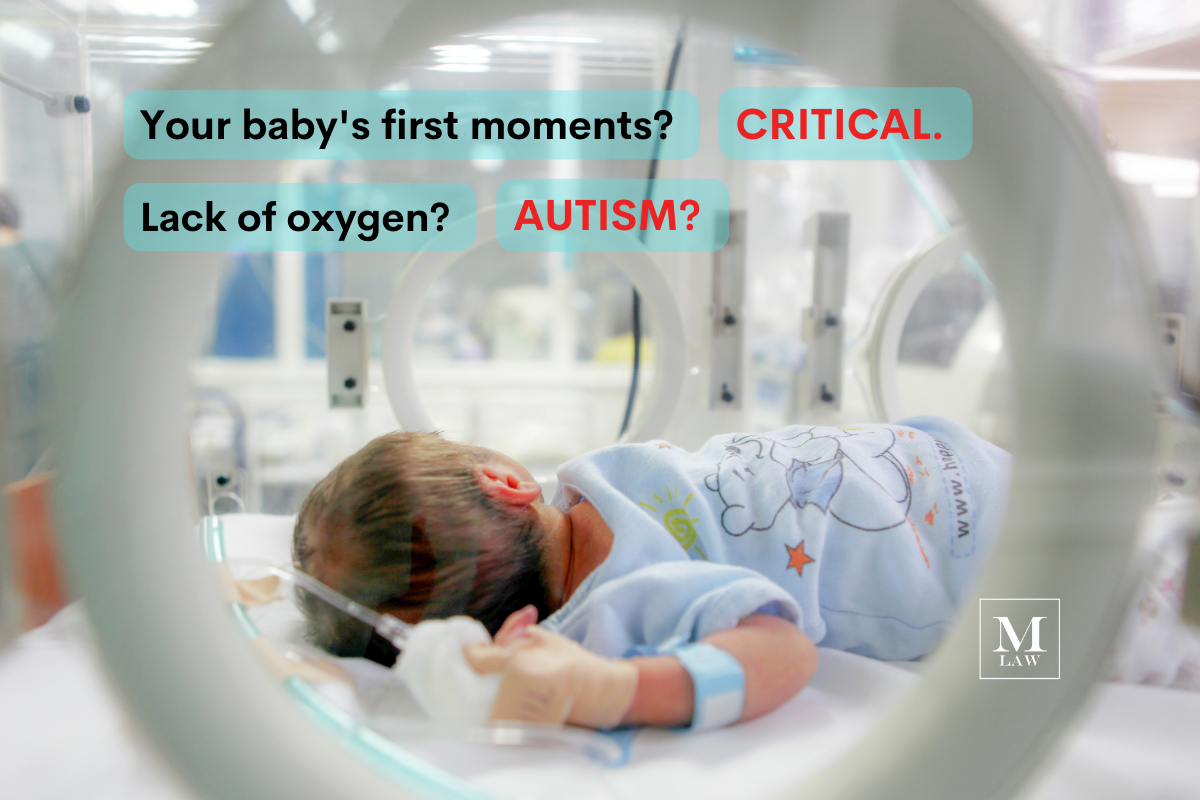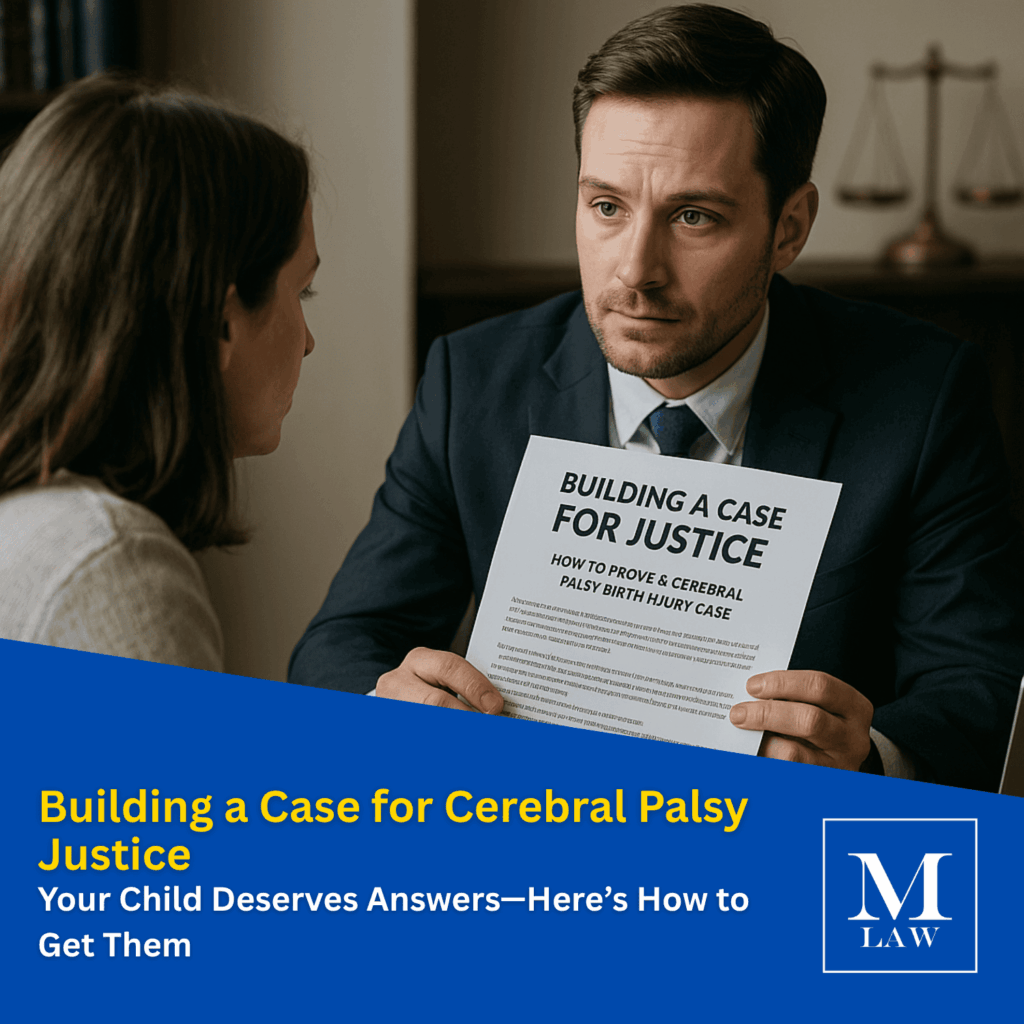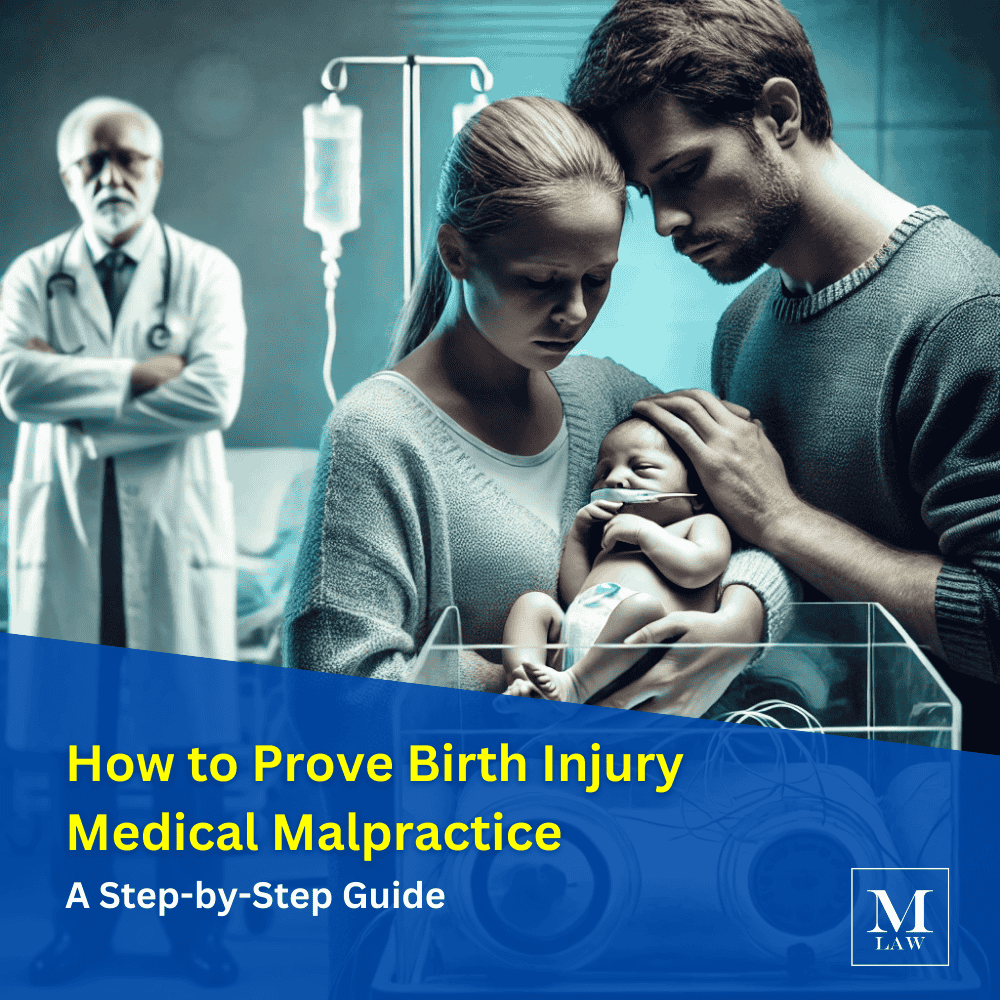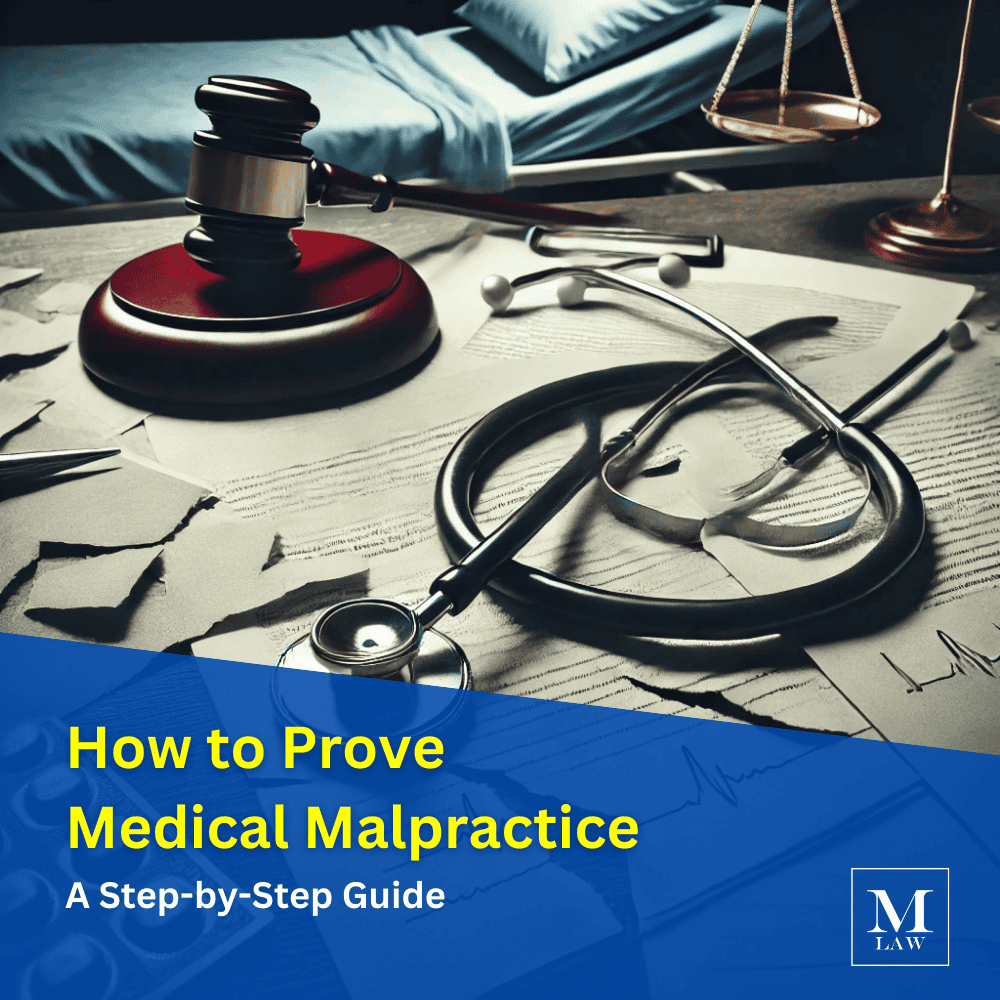In discussion and research around birth asphyxia and hypoxia, we’ve often come across the question: What is the link between hypoxia at birth and autism?
At first glance, this question may seem ill-founded, like belief that childhood vaccinations lead to autism spectrum disorder.
But there actually may be a connection between hypoxia at birth and autism.
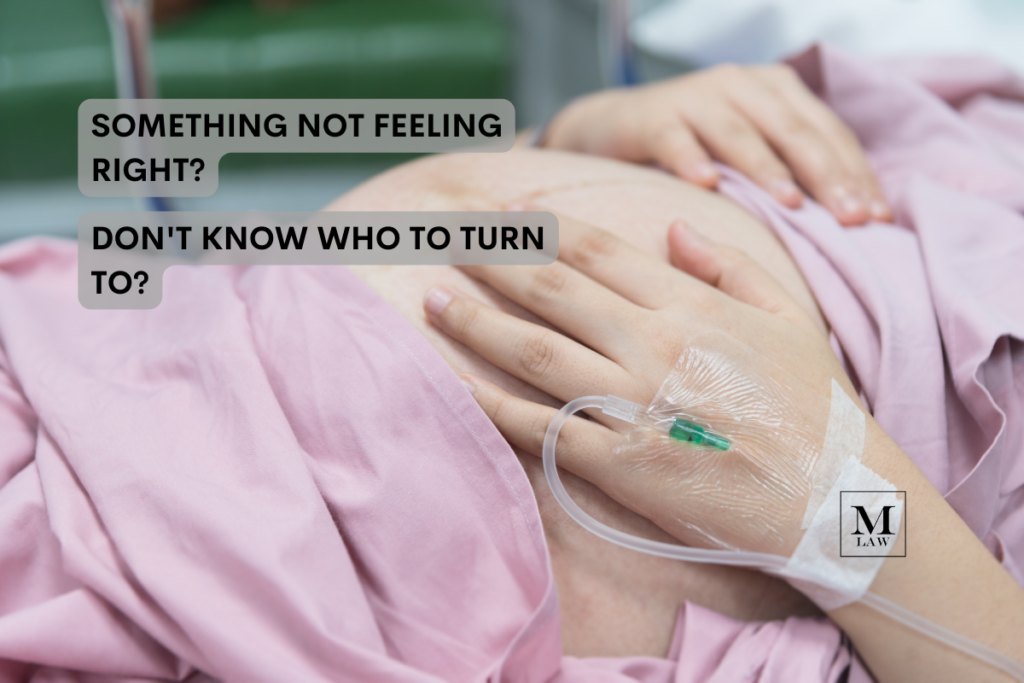
What is hypoxia?
Hypoxia, as defined by the National Center for Biotechnology Information is a state in which oxygen is not available in sufficient amounts at the tissue level to maintain adequate homeostasis.
What does this mean?
As we all know, the human body needs oxygen to function, but when it is deprived of oxygen for too long, organs and tissue can become damaged.
Oxygen deprivation during pregnancy or childbirth can lead to conditions like hypoxic ischemic encephalopathy and cerebral palsy. This occurs as a result of injury to the brain due to hypoxia.
Hypoxia has been known to cause many conditions for a long time, but only recently has the link between hypoxia at birth and autism been explored.
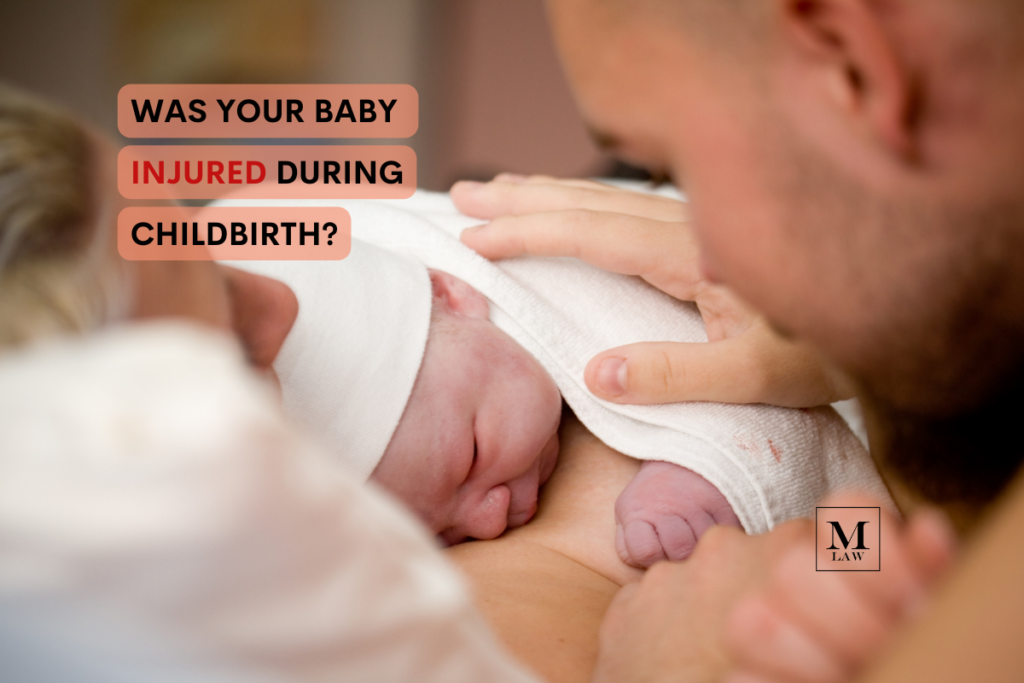
The Link between Hypoxia at Birth and Autism
Researchers have found a link between hypoxia and the development of autism as children grow older.
The study found that children who experienced oxygen deprivation in the late months of pregnancy had a 22% risk of developing autism. Children who experienced oxygen deprivation during birth faced a 10% risk, and children who experienced both had the highest risk at 44%.
These results remained the same regardless of the age, race or ethnicity of the mothers.
The findings are very interesting, however the study did not prove a cause-and-effect relationship between hypoxia and autism. This means that although the two seem to be related in some way, hypoxia might not cause autism – some other factor may cause both hypoxia and autism.
The research is not conclusive enough to make the claim that hypoxia is a cause of autism. Because of this, the researchers warned mothers not to go into a panic if they suffered complications during pregnancy or labor.
In the sample of women chosen for the study, one-third of them experienced at least one complication but 98% of these pregnancies with complications led to the birth of a child who did not develop autism.
What does this Mean for Parents?
If your child was diagnosed with autism spectrum disorder, this means that it is very unlikely that their autism is the result of hypoxia at birth.
This research aligns with what we already know about the causes of autism – that it is caused by a combination of genetic and environmental factors. It could be the case that the 2% of children in the study that developed autism later in life did so because they were genetically predisposed to develop autism, and that hypoxia acted as an environmental factor.
There is not enough evidence to consider autism a birth injury, and there is not a way to sue your doctor or healthcare provider over this.
However, birth asphyxia is one of the most common birth injuries, and if your child has exhibited symptoms of injury due to asphyxiation at birth, you may be entitled to compensation.
Merson Law’s team of birth injury lawyers, assisted by our licensed in-house physicians, can help you determine whether or not your child’s injury was due to medical malpractice.
If indeed there was medical negligence, you may be entitled to financial compensation that can help you cover the costs of future treatment, medication, and other expenses associated with your child’s birth injury.
Fill out our contact form or call our Manhattan office today to get started with your case.


